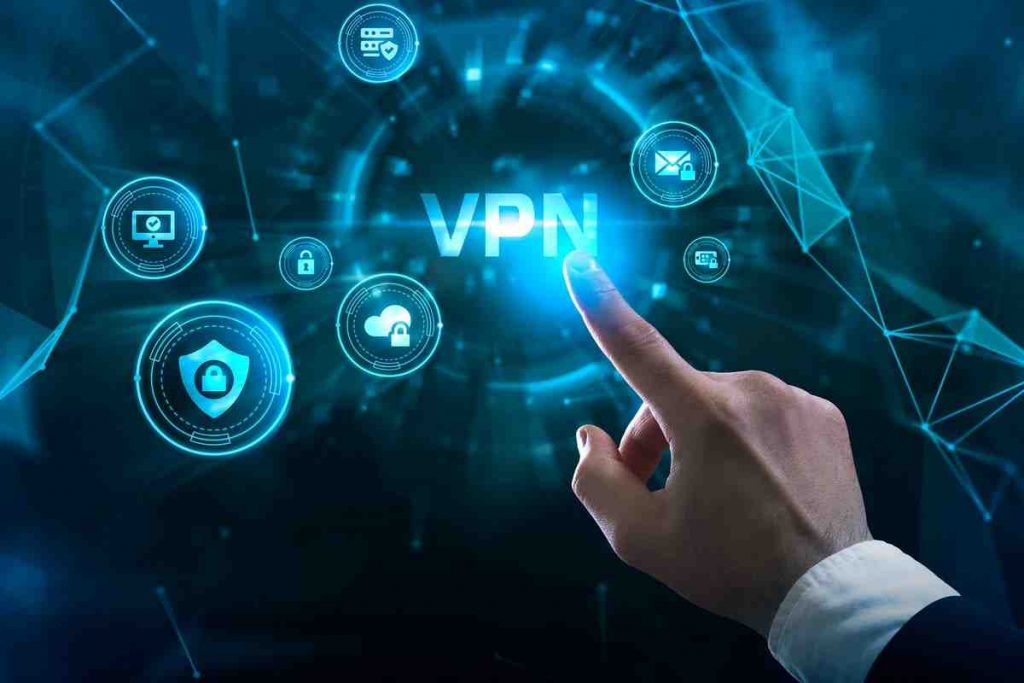Ahead of the deadline to comply with the Indian government’s new data collection rules, VPN companies from around the world have pulled their servers out of the country to protect their users’ privacy.
Starting today, the Indian Computer Emergency Response Team, or CERT — a body appointed by the Indian government to deal with cybersecurity and threats — is requiring VPN operators to provide customer details such as names, email addresses, and IP addresses for at least five people to collect and maintain years after they have canceled their subscription or account.
In April, CERT said it had to implement those rules because “the required information is not available from the security provider in investigations into cybersecurity threats,” thereby thwarting investigations. The new rules, according to CERT, will “bolster cybersecurity in India” and are “in the interest of India’s sovereignty or integrity”.
VPN companies and privacy experts believe that this move compromises users’ privacy and freedom of expression and defeats the sole purpose of using VPNs, which encrypt users’ internet activities and disguise their locations and identities.
“As advocates of digital privacy and security, we are concerned about the potential impact this regulation could have not only on our users but on people’s data in general,” said Laura Tyrylyte, spokeswoman for NordVPN. “It appears that the amount of private information held by hundreds or maybe thousands of different companies will increase dramatically.” She adds that similar regulations “have typically been put in place by authoritarian governments to gain more control over their citizens.”
Last year, India became the country with the highest growth rate in VPN service usage in the world. In the first half of 2021, 348.7 million VPNs were installed, a 671 percent jump in growth compared to the same period in 2020, according to an analysis by Atlas VPN in 2021. This massive growth is due to continuous internet shutdowns, a rise in digital scams and the need for Indians to protect themselves online.
“VPNs can be inherently a privacy-enhancing tool and able to protect information security in a variety of ways, being used by individuals and businesses to protect sensitive information,” says Tejasi Panjiar, Associate Policy Counsel at the Internet Freedom Foundation. “They also help secure digital rights under the Constitution, especially for journalists and whistleblowers, as the nature of information transmitted over VPNs is primarily encrypted, allowing them to secure not only sensitive information but their own as well Protect identity surveillance and censorship.”
The government defended its rules, saying it would not violate users’ privacy as information is only collected on a case-by-case basis. This claim ignores the Indian government’s track record of policing critics, politicians and activists. In August, an official investigation into whether Indians were being spied on by the government using Israeli spyware Pegasus found that at least five victims’ phones contained malware, but refused to disclose the report. Instead, the country’s top court recommended that existing surveillance laws incorporate privacy rights and establish mechanisms for citizens to lodge complaints about illegal surveillance.
CERT did not respond to WIRED’s request for comment.
Does a VPN hide your browsing history from your router? Yes, using a VPN encrypts your traffic before it passes through your Wi-Fi router, so the Wi-Fi network owner cannot inspect your traffic to see your browsing history.
Can the VPN owner see your history?
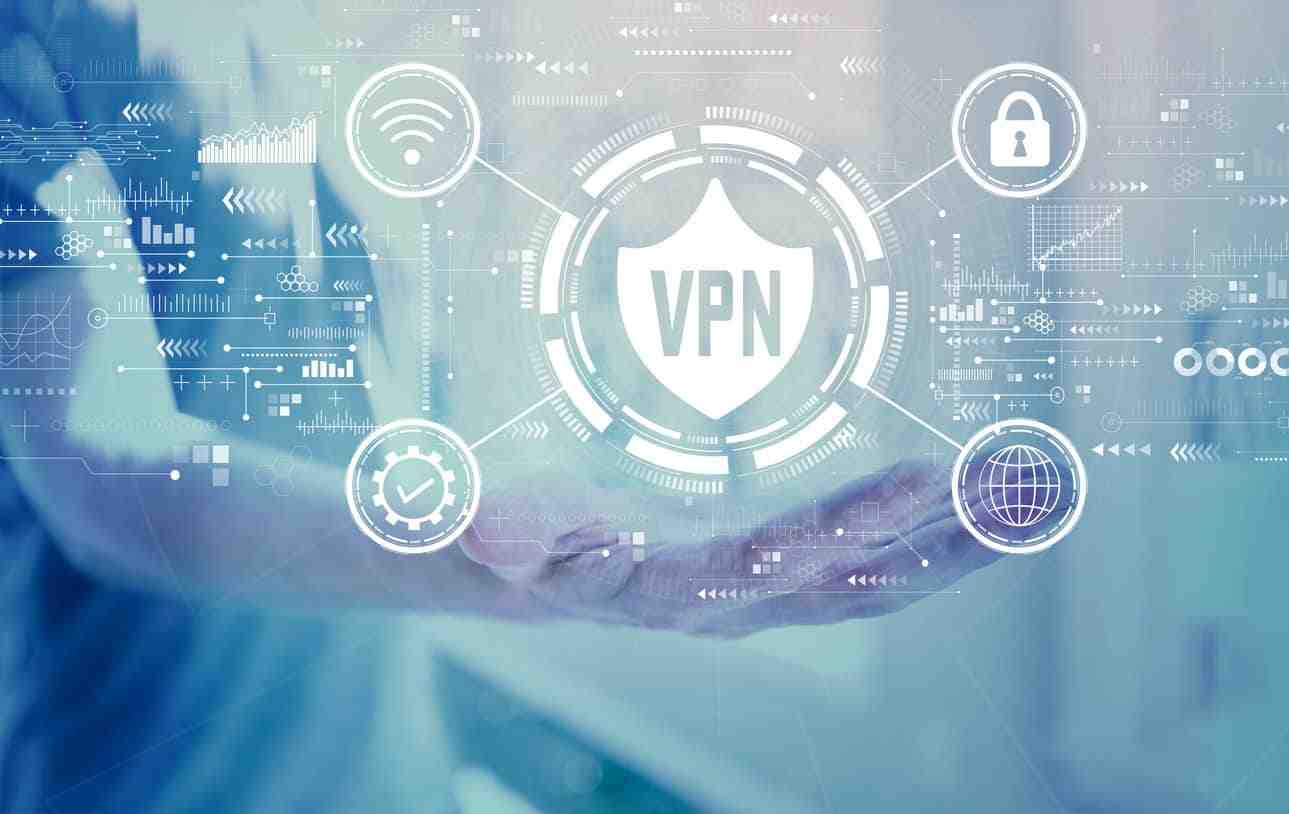
VPNs encrypt all internet traffic, effectively hiding your browsing history from your ISP. However, this does not mean that the ISP is blind to your activities. You may be able to tell you’re connected to a VPN and for how long based on the fact that encrypted traffic is directed to a VPN server’s IP address.
Does VPN hide search history from employer? VPNs can hide your search history and other browsing activities, such as search terms, links clicked, and websites visited, as well as your IP address.
Can my employer see my history if I use VPN?
No, your employer cannot track your private devices on your own network, they can track them through the VPN if it is company owned and located on the first layer of the network by controlling your gateway or your internet connection and they are paid by them and you use let’s say a VOIP set that they charge you for…
How do I hide my browsing history from employers?
Use TeamViewer Just set it up on your home computer and on the device you use at work. Then use it to remotely access your home computer and browse the web. TeamViewer connections are also encrypted, so you should be able to hide browsing from employers.
How do I prevent the Wi-Fi owner from seeing my history?
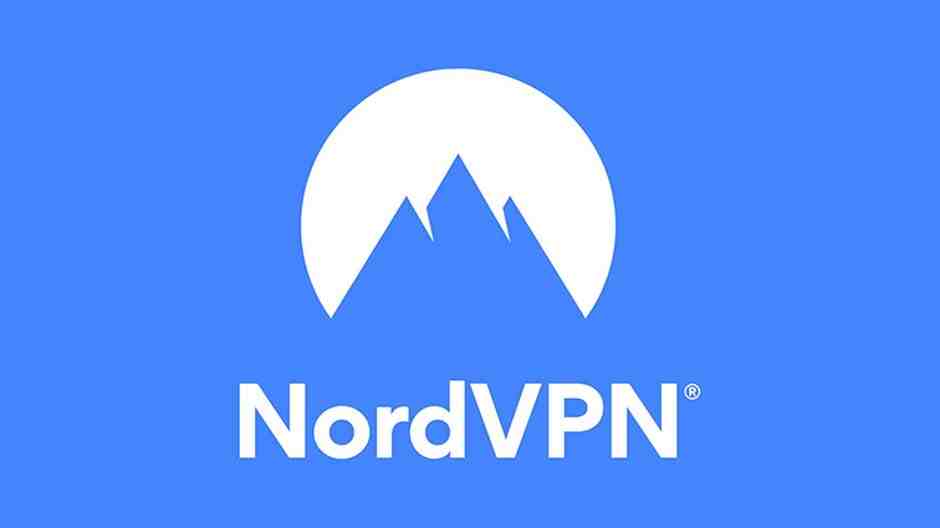
5 ways to hide your browsing history from ISPs
- Use a VPN. Your ISP cannot see your history when you use a VPN. …
- Browse with Tor. …
- Change your DNS settings. …
- Install HTTPS everywhere. …
- Use a privacy-conscious search engine.
Can someone see my internet history when I use their WiFi even if I delete it? If you are connected to a Wi-Fi network, your browsing history will not be hidden from the Wi-Fi router even if you delete the browsing history on your browser. This is because the Wi-Fi router itself has a storage space where it logs all your browsing history for the admin to check later if they want.
Can you get Wi-Fi on iPod touch?
Connect iPod touch to a Wi-Fi network Go to Settings > Wi-Fi and turn on Wi-Fi. Tap one of the following options: A network: If required, enter the password. Other: Join a hidden network.
What is Nero Wi-Fi Transfer?
WiFi Transfer is a client that works with the DriveSpan app (in the mobile device). You can run the DriveSpan app, control it to detect the WiFi transmission on the PC, connect the PC and exchange data between your PC and your mobile device.
Can the FBI track you with a VPN?
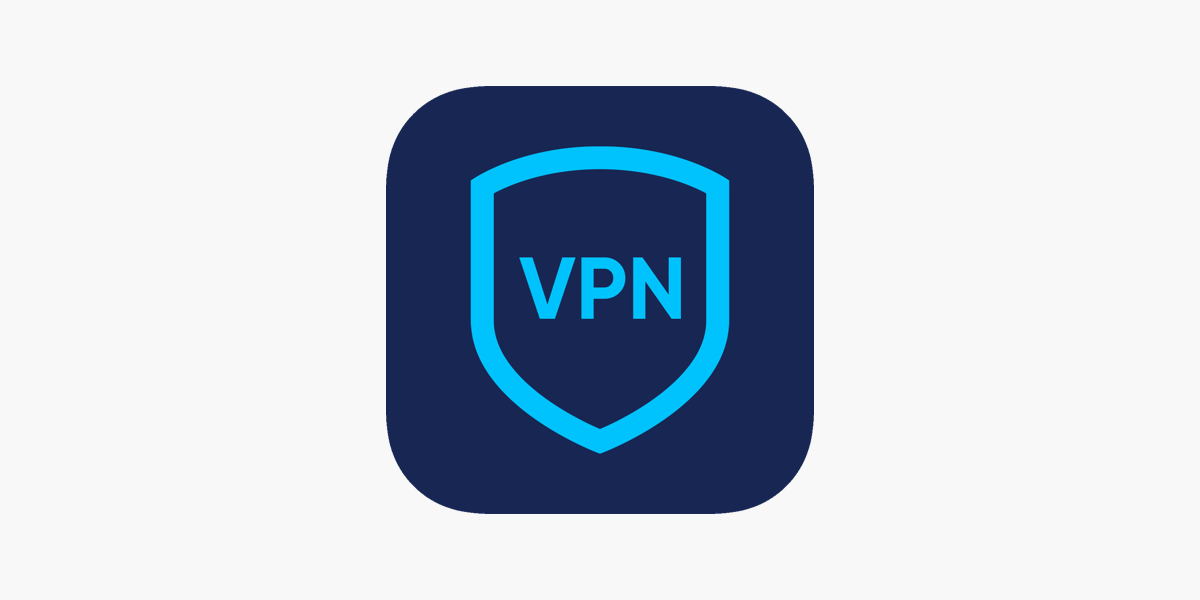
The police cannot track live encrypted VPN traffic, but if they have a court order they can contact your ISP (Internet Service Provider) and request connection or usage logs. Since your ISP knows you’re using a VPN, they can refer the police to them.
Is the FBI monitoring your internet history? As part of a reauthorization of the Patriot Act, law enforcement agencies like the FBI and CIA can continue to search the browsing history of American citizens without the need for a warrant.
Does VPN hide you from the government?
ISPs can see what you’re doing online and even throttle your traffic. However, a VPN hides your IP address, encrypts your internet traffic, and protects your online privacy. Government agencies and other similar bodies. They can contact ISPs or online service providers to get data about you, or simply use their own tracking methods.
Can I be tracked if I use a VPN?
Yes, the police can track a VPN user by monitoring their IP address. However, they only have access to the user’s VPN IP address. Whether they catch the person behind the VPN connection depends on the VPN provider.
Can VPN be blocked by the government?
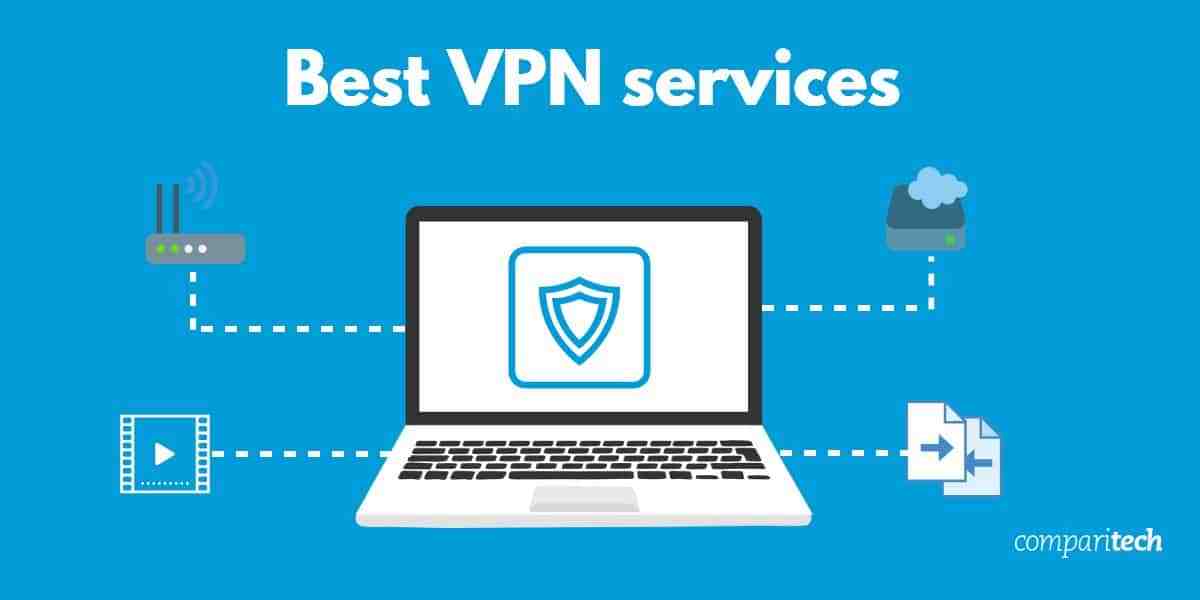
Government Censorship Governments sometimes don’t want their citizens to access certain websites, so they block those websites. With a VPN, your IP address appears to be outside the country, making your access look legitimate. To counteract this, some governments block VPNs.
Why are some governments blocking VPN access for their citizens? Censorship. The most common reason governments block VPNs is to censor media and information. Virtue censorship is common in predominantly Islamic countries where the slightest amount of sex or profanity is considered a sin.
Can VPN be blocked?
Yes, it is possible that a firewall is blocking your VPN. Fortunately, it is also possible to bypass this block with the help of obfuscated servers. However, most firewalls don’t block VPNs by default—a firewall typically won’t block VPN connections unless it’s configured to do so.
Sources :
